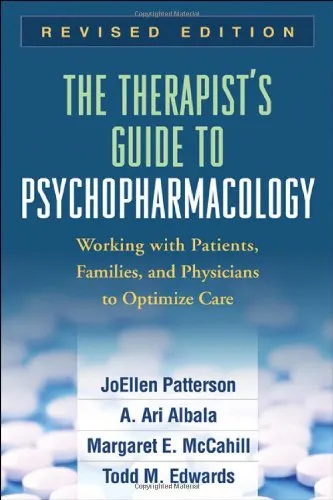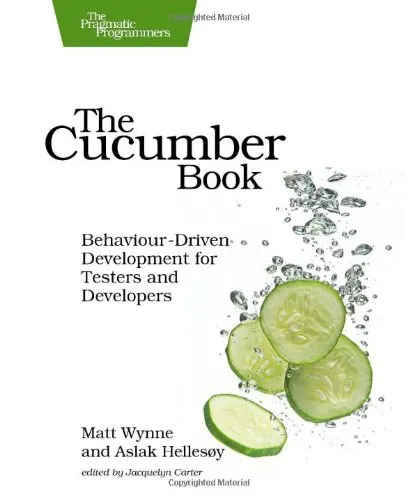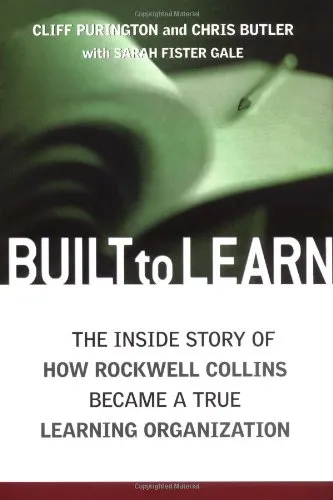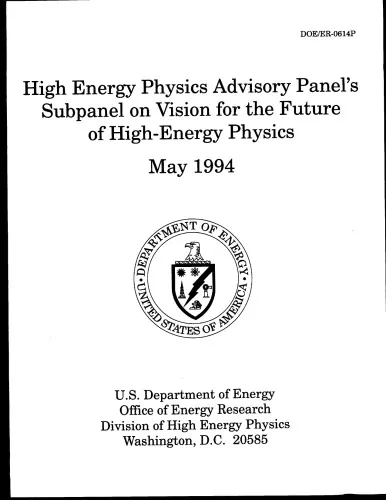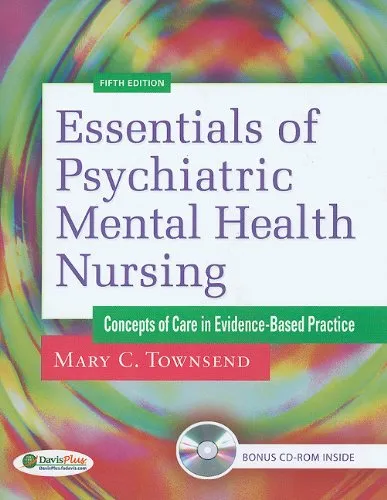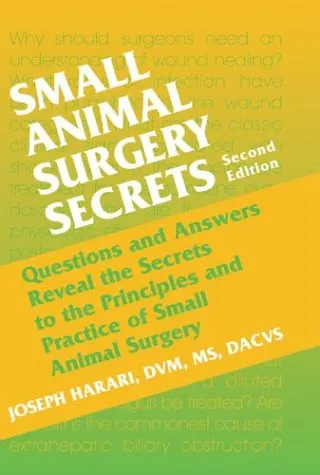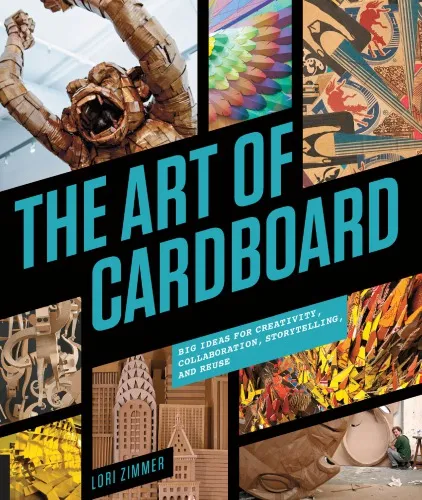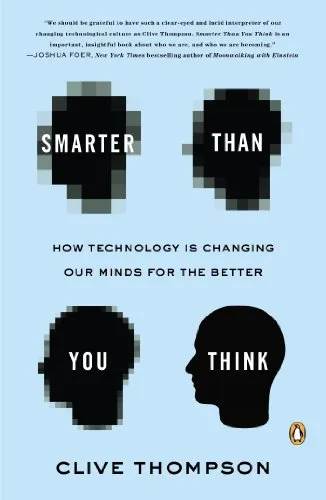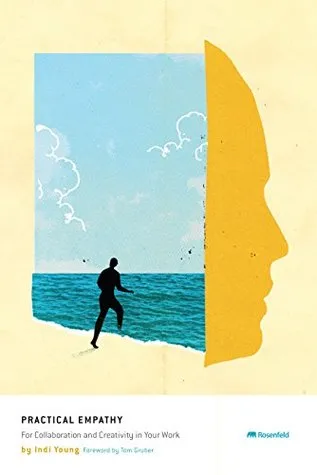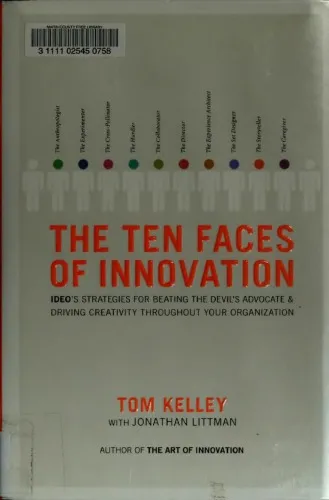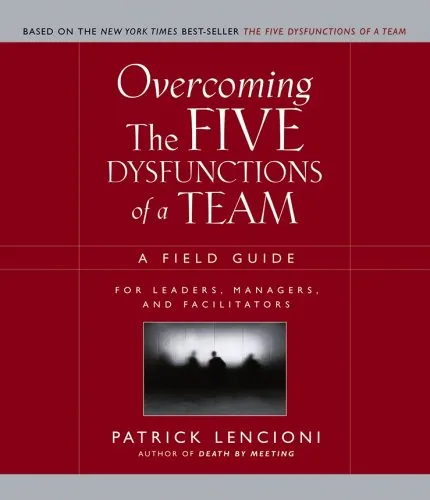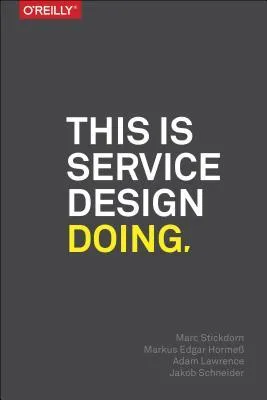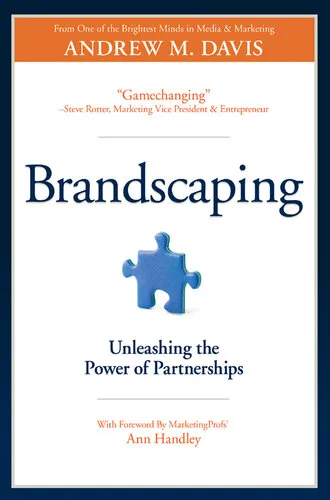The Therapist's Guide to Psychopharmacology, Second Revised Edition: Working with Patients, Families, and Physicians to Optimize Care
4.5
Reviews from our users

You Can Ask your questions from this book's AI after Login
Each download or ask from book AI costs 2 points. To earn more free points, please visit the Points Guide Page and complete some valuable actions.Related Refrences:
Introduction to 'The Therapist's Guide to Psychopharmacology, Second Revised Edition'
Navigating the complexities of psychopharmacology is often a daunting challenge for therapists. With mental health treatment encompassing both psychological interventions and medications, the role of a therapist is no longer constrained to traditional psychotherapeutic techniques. Instead, therapists must understand and collaborate seamlessly with psychopharmacological therapies to optimize care. 'The Therapist's Guide to Psychopharmacology, Second Revised Edition' is an essential resource crafted to bridge this crucial gap between therapy and medication management.
Written by clinical experts JoEllen Patterson, PhD, A. Ari Albala, MD, Margaret E. McCahill, MD, and Todd M. Edwards, PhD, this book is designed to empower therapists by providing them with a comprehensive understanding of psychopharmacology. The second revised edition incorporates updated findings, contemporary challenges, and practical solutions for working collaboratively with patients, families, and physicians to ensure comprehensive mental health care.
Detailed Summary of the Book
At its core, the book serves as a practical guide for therapists to navigate the crossroads of therapy and psychopharmacology confidently. It begins by addressing foundational information about various psychotropic medications, their mechanisms, and common indications in mental health treatment. Clear and concise explanations demystify medications used to treat conditions such as depression, anxiety disorders, bipolar disorder, schizophrenia, and other psychiatric conditions.
One of the unique strengths of this book is its emphasis on collaboration. Therapists are empowered with strategies to effectively communicate with prescribing physicians, ensuring coordinated care that prioritizes the patient's well-being. The book also emphasizes the role of therapists in educating patients and their families about treatment options, side effects, and the importance of adherence to prescribed regimens.
Furthermore, the revised edition incorporates vignettes and case examples from real-world clinical practice. These narratives provide practical illustrations of best practices when working with patients and families. The book also includes updated content on emerging treatments and the ethical challenges that accompany blended models of care.
Key Takeaways
- A clear understanding of psychotropic medication classes, their effectiveness, and their limitations.
- Strategies for effective collaboration between therapists, prescribing physicians, and patients.
- Insights on educating patients and families about medications to ensure informed decision-making.
- Practical advice on addressing medication-related challenges, including side effects, discontinuation, and stigma.
- Updated perspectives on ethical considerations in cases where therapy and medication intersect.
- Enhanced tools for integrating psychotherapy and psychopharmacology within a coordinated model of care.
Famous Quotes from the Book
"Therapists are uniquely positioned to bridge the gap between emotional understanding and biological intervention."
"Medication does not exist in a vacuum; it works best when supported by relationships, insight, and emotional growth."
"The collaboration between therapists and physicians is not a luxury—it is a necessity in the pursuit of holistic mental health care."
Why This Book Matters
As the demand for integrated mental health care models continues to grow, therapists are increasingly required to have a working understanding of psychopharmacology. This is particularly critical in ensuring that patients receive the most effective and well-coordinated treatment plans. 'The Therapist's Guide to Psychopharmacology, Second Revised Edition' addresses these emerging needs effectively by combining comprehensive knowledge, actionable strategies, and ethical considerations.
Moreover, the book reinforces the idea that therapists and prescribing clinicians should not work in silos. It champions collaboration as the cornerstone of effective and compassionate care. By equipping therapists with the tools to navigate this evolving clinical landscape, the book proves invaluable not only for early-career professionals but also for seasoned practitioners seeking to deepen their expertise in psychopharmacology.
In an era where mental health treatment is no longer "one size fits all," the book delivers practical, evidence-based insights for creating personalized, patient-centered care plans that address the biological, psychological, and social dimensions of mental health. This makes it an indispensable guide for therapists committed to excellence in their practice.
Free Direct Download
You Can Download this book after Login
Accessing books through legal platforms and public libraries not only supports the rights of authors and publishers but also contributes to the sustainability of reading culture. Before downloading, please take a moment to consider these options.
Find this book on other platforms:
WorldCat helps you find books in libraries worldwide.
See ratings, reviews, and discussions on Goodreads.
Find and buy rare or used books on AbeBooks.
1368
بازدید4.5
امتیاز0
نظر98%
رضایتReviews:
4.5
Based on 0 users review
Questions & Answers
Ask questions about this book or help others by answering
No questions yet. Be the first to ask!
